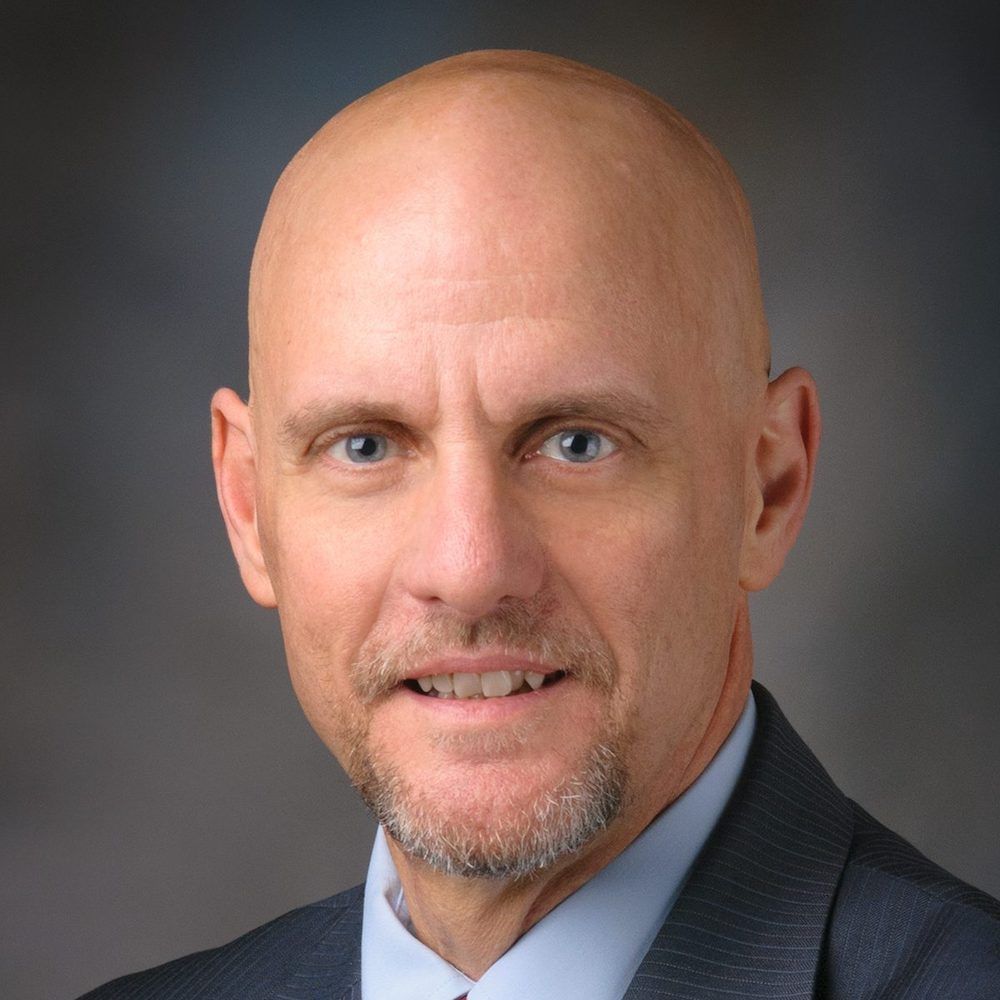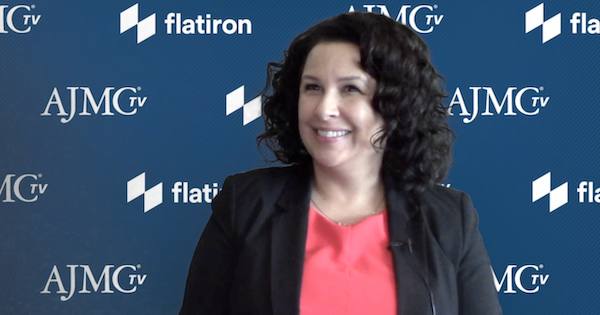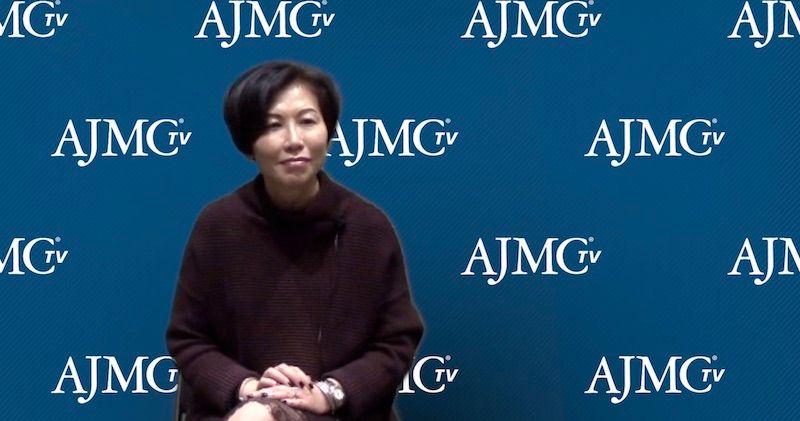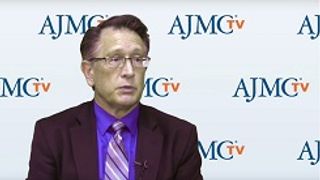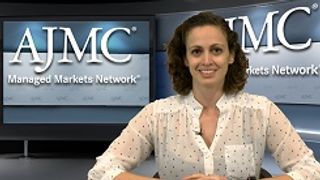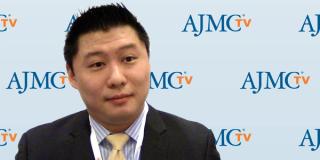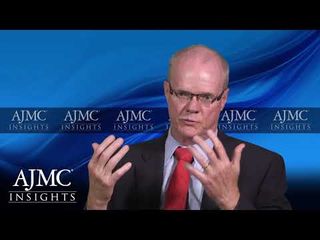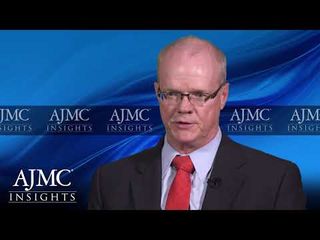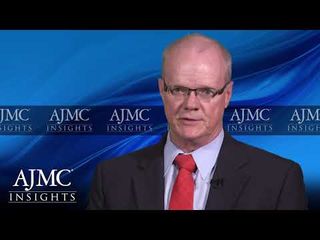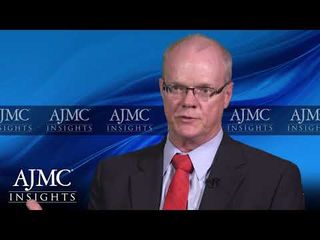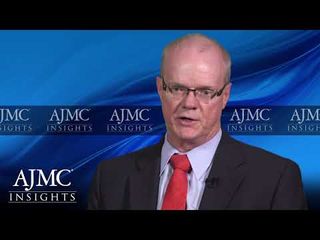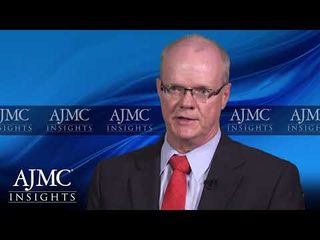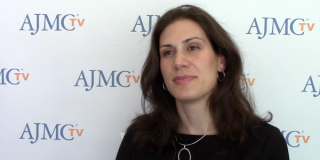
Biosimilars
Latest News
Latest Videos

CME Content
More News

Medicaid work requirements were front and center in the outcomes of Kentucky governor's race as well as the statehouse in Virginia; the Trump administration called the drug plan from House Speaker Nancy Pelosi, D-California, "unworkable;" UnitedHealthcare is switching patients to biosimilar epoetin alfa in 2020;
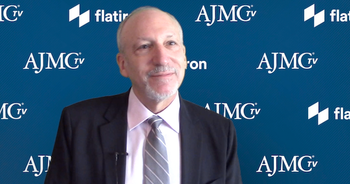
We really believe that biosimilars line up as a value accretion for every constituency, whether it’s the patient, the practice, or the payer, said Lee Schwartzberg, MD, FACP, executive director, West Cancer Center.
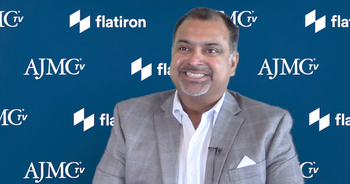
Tesh Khullar, senior vice president & advisor, Flatiron Health, outlines changes that could impact community oncologists when it comes to reimbursement for biosimilars.

Increased competition is making its way into the specialty drug market, affecting orphan conditions, cancer types, and even common specialty conditions, which is presenting some cost savings opportunities, explained Aimee Tharaldson, PharmD, senior clinical consultant for emerging therapeutics at Express Scripts, who presented on the specialty pharmaceutical pipeline during her regular session at AMCP Nexus 2019.

Heading into 2019, the idea that oncology practices would fully embrace financial responsibility for clinical decisions still seemed far-fetched for many. And yet, when it was time to make the call, moving to 2-sided risk proved a “simple” decision, said Travis Brewer of Texas Oncology, who took part in a panel offering an update on the Oncology Care Model (OCM) at the start of the Community Oncology Alliance (COA) Payer Exchange Summit, which opened Monday in Tyson’s Corner, Virginia.

Tesh Khullar Outlines Efforts Needed to Make Sure Providers Are Comfortable Prescribing Biosimilars
Tesh Khullar, senior vice president & advisor, Flatiron Health, explains what efforts are needed to make sure providers are comfortable prescribing biosimilars.

Practices are going to have to decide which biosimilar manufacturers they want to be able to partner with, explained Tesh Khullar, senior vice president & advisor, Flatiron Health.

Tesh Khullar, senior vice president & advisor, Flatiron Health, discusses the first to anticancer biosimilars having recently entered the market.

From the Center for Biosimilars®, a discussion on giving patients new, less expensive alternatives for managing diabetes.

From The Center for Biosimilars®, a discussion of a regulatory change coming in 2020: Insulins have always been biologics from a scientific perspective, and the products themselves will not change as a result of bringing them under regulation as biologics as a matter of law. However, labeling for these products will change.

Coverage of our peer-reviewed research and news reporting in the healthcare and mainstream press.
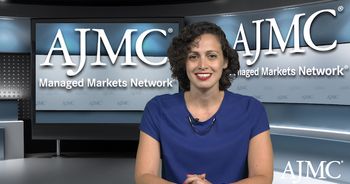
This week, the top managed care stories included CMS giving chimeric antigen receptor T-cell payments a boost; a US task force announcing that those at risk for pancreatic cancer should be screened; FDA revealing Novartis withheld data about a high-cost gene therapy.

Coverage of our peer-reviewed research and news reporting in the healthcare and mainstream press.

Just halfway through the year, 2019 has been busy for biosimilars, with new guidance and approvals but also the loss of a big advocate of biosimilars from the FDA.

Research on biosimilars presented at the 2019 Annual Meeting of the American Society of Clinical Oncology.

Coverage of our peer-reviewed research and news reporting in the healthcare and mainstream press.

During ISPOR 2019 annual meeting, a session featured biosimilar experts who reviewed the current state of affairs and various challenges related to uptake, while also sounding some notes of optimism.

Nearly 700 people at California State University and the University of California, both in Los Angeles, were still in quarantine over the weekend after possibly being exposed to measles; the world’s largest seller of cancer drugs, pharma company Roche Holding AG, will lose its top spot with competition from lower-cost drugs, namely biosimilars; findings from a new study showed that blood pressure regulation at or below 130/80 mm Hg lowered the risk of heart attack, stroke, or other complications in patients with type 2 diabetes (T2D).

Policy updates from the National Comprehensive Cancer Network's annual meeting.

Coverage of our peer-reviewed research and news reporting in the healthcare and mainstream press.
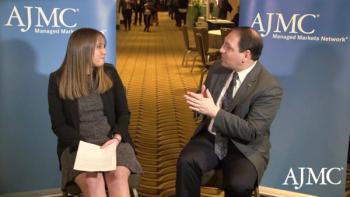
At the Association of Community Cancer Centers (ACCC)'s 45th Annual Meeting & Cancer Center Business Summit, Ali McBride, PharmD, MS, BCPS, BCOP, clinical coordinator of hematology/oncology in the Department of Pharmacy at The University of Arizona Cancer Center and president of ACCC, discussed the role of biosimilars in oncology and how familiar oncologists and their teams are with them.
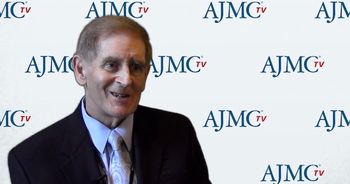
Although there is still a need for more education around the use of biosimilars in cancer, it seems oncologists have become more knowledgeable in the past few years, said Gary H. Lyman, MD, MPH, of Fred Hutchinson Cancer Research Center and Seattle Cancer Care Alliance.

Coverage of our peer-reviewed research and news reporting in the healthcare and mainstream press.

Coverage of our peer-reviewed research and news reporting in the healthcare and mainstream press.

Health Canada announced that all biologics, including biosimilars, will be identified by their brand names and nonproprietary names without the addition of a product-specific suffix; a boom in the use of connected health and fitness monitors that are connected to insurance plans and employers is providing an increasingly valuable source of workforce health intelligence, raising privacy concerns, and adding a new dimension to the worker-employer relationship; as the number of spare embryos from in vitro fertilization rises, giving birth with donated embryos is becoming more popular, although many of the agencies that provide donated embryos are supported by federal funds and restrict whom they help.
